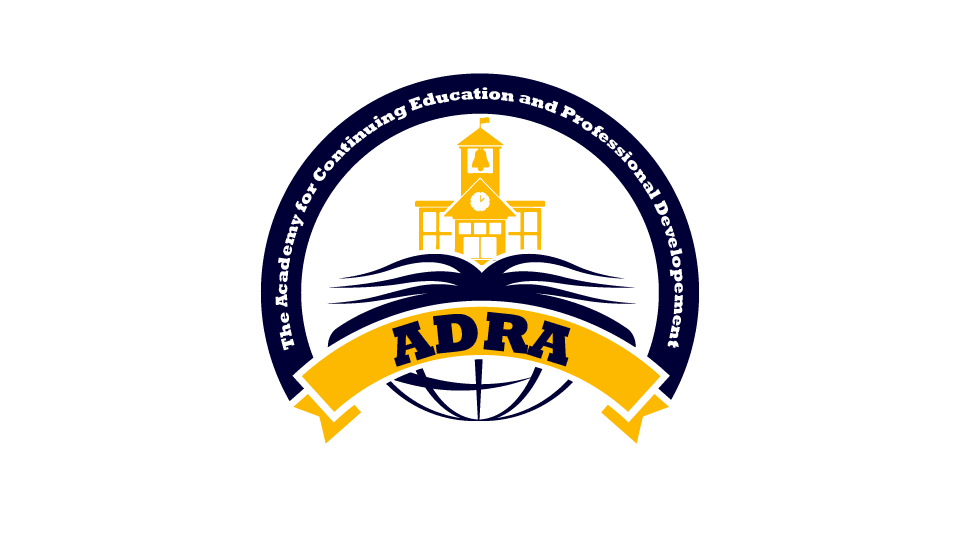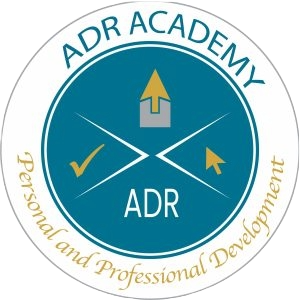Short Course Description
Course Duration: 8 hours
Course Description: The EEO Refresher Training: Administrative Investigations and Federal Rules of Evidence is an 8-hour comprehensive course designed to provide participants with an in-depth understanding of conducting effective administrative investigations in the context of Equal Employment Opportunity (EEO) matters. This course will also explore the key principles of the Federal Rules of Evidence and how they apply to the handling of evidence in EEO cases. Participants will gain practical insights into evaluating evidence for its probative value and ensuring compliance with legal standards.
Target Audience: This course is ideal for HR professionals, EEO officers, legal practitioners, managers, supervisors, and individuals involved in conducting or overseeing EEO administrative investigations. It is suitable for both beginners and experienced professionals seeking a comprehensive refresher on EEO investigation practices and evidence handling.
By the end of the course, participants will have gained the necessary knowledge and skills to conduct thorough and compliant EEO administrative investigations while adhering to the Federal Rules of Evidence and evaluating evidence for its probative value.
Assessment: Throughout the course, participants will engage in interactive discussions, case studies, and practical exercises to reinforce their understanding of EEO administrative investigations and the Federal Rules of Evidence. A final assessment will evaluate participants' comprehension of the course material, ensuring that they are well-equipped to apply the concepts in real-world scenarios.
Module 1: Introduction to EEO Administrative Investigations
Understanding the Significance of EEO Administrative Investigations
In this module, we'll explore the critical importance of EEO administrative investigations. You'll understand how these investigations contribute to maintaining a fair and inclusive workplace, ensuring compliance with legal standards, and addressing issues of discrimination, harassment, and retaliation.
Navigating the Investigative Process
Learn about the step-by-step process of conducting an effective EEO administrative investigation. We'll delve into planning, data collection, witness interviews, evidence analysis, and reporting. By understanding each phase, you'll be better equipped to manage investigations efficiently and thoroughly.
Roles and Responsibilities of Key Participants
Discover the roles and responsibilities of key participants in EEO administrative investigations. From the investigator's role to the obligations of parties involved, this section will help you grasp the collaboration required for a successful investigation outcome.
Module 2: Legal Framework for EEO Investigations
Overview of Relevant Laws, Regulations, and Executive Orders
Dive into the legal landscape governing EEO investigations. Learn about important laws, regulations, and executive orders that guide the investigative process. Understand the legal framework that underpins the protection of equal employment opportunities.
EEOC Guidelines and Enforcement Mechanisms
Explore the guidance provided by the Equal Employment Opportunity Commission (EEOC). Understand how these guidelines shape investigations and learn about the EEOC's enforcement mechanisms to ensure compliance with EEO regulations.
Establishing the Scope and Limitations of Investigations
Learn how to define the scope of an EEO investigation and identify its limitations. Discover the importance of setting clear boundaries to ensure focused and effective investigations that address the specific issues at hand.
Module 3: Federal Rules of Evidence Basics
Grasping the Foundation of Federal Rules of Evidence
In this module, we'll demystify the Federal Rules of Evidence. Understand their role in establishing standards for presenting and evaluating evidence in legal proceedings. Explore how these rules impact EEO investigations and evidence handling.
Differentiating Types of Evidence: Testimonial, Documentary, Physical
Discover the various types of evidence commonly encountered in EEO cases, including testimonial, documentary, and physical evidence. Learn how to recognize and differentiate between them to effectively assess their relevance and probative value.
Standards for Admissibility and Relevance
Delve into the criteria that determine whether evidence is admissible in an investigation. Understand the importance of evidence being both relevant to the case and meeting the standards of admissibility under the Federal Rules of Evidence.
Please note that this is a summarized version of the content for the first three modules. If you'd like to continue with the detailed content for the remaining modules, feel free to ask.
Module 4: Principles of Evidence Evaluation
Deciphering the Meaning of Probative Value in EEO Investigations
Explore the concept of probative value and its significance in EEO investigations. Understand how evidence contributes to proving or disproving claims, and learn how to assess the strength of evidence based on its relevance and reliability.
Evaluating Witness Credibility and Evidence Reliability
Learn techniques to assess the credibility of witnesses and the reliability of evidence. Understand factors that influence credibility, such as demeanor, consistency, and bias. Develop the skills to weigh conflicting evidence and determine its impact on the investigation.
Striking a Balance Between Relevance and Prejudice
Discover the delicate balance between evidence that is relevant and evidence that could potentially prejudice the investigation. Explore strategies to evaluate evidence objectively while minimizing any undue influence on the investigative process.
Module 5: Gathering and Handling Evidence
Effective Strategies for EEO Evidence Collection
Learn practical strategies for collecting evidence in EEO investigations. Understand the importance of thoroughness, accuracy, and professionalism in gathering evidence from various sources, including witnesses, documents, and electronic records.
Safeguarding the Chain of Custody and Ensuring Evidence Preservation
Delve into the critical aspect of preserving evidence integrity. Understand the chain of custody process and how to ensure evidence remains untampered and admissible in legal proceedings. Learn best practices for storing and maintaining evidence.
Navigating Privilege and Confidentiality Challenges
Explore situations involving privileged and confidential information in EEO investigations. Understand when and how to handle sensitive information appropriately while maintaining the integrity of the investigation and adhering to legal standards.
Module 6: Advanced Topics in EEO Investigations
Tackling Complex Scenarios: Harassment, Retaliation, and More
Examine advanced scenarios involving harassment, retaliation, and other complex issues. Learn specialized techniques for handling sensitive topics and ensuring that investigations are conducted with sensitivity and fairness.
Mastering Investigative Interviewing Techniques
Enhance your investigative interviewing skills. Learn effective questioning techniques, active listening, and the art of extracting relevant information from witnesses while minimizing potential biases.
Practical Learning through Role-Playing and Case Studies
Engage in role-playing exercises and case studies to apply the knowledge you've gained. Practice your investigative skills in a controlled environment, allowing you to fine-tune your approach and gain confidence in real-world scenarios.
Please note that this is a summarized version of the content for Modules 4 to 6. If you'd like to continue with the detailed content for the remaining modules, feel free to ask.
Module 7: Reporting and Documentation
Crafting Comprehensive and Insightful Investigative Reports
Learn the art of compiling thorough and well-structured investigative reports. Understand the elements of an effective report, including findings, analysis, and recommendations. Discover how to present information objectively and clearly.
Achieving Clarity, Objectivity, and Thoroughness in Documentation
Explore techniques for maintaining clarity, objectivity, and thoroughness in your investigative documentation. Understand the importance of maintaining accurate records throughout the investigative process to ensure transparency and accountability.
Effectively Communicating Findings to Relevant Stakeholders
Discover strategies for communicating investigation findings to stakeholders, including management, legal teams, and affected parties. Learn how to present complex information in a clear and concise manner, facilitating informed decision-making.
Module 8: Assessment and Conclusion
Evaluating Your Understanding: Final Assessment
Engage in a final assessment to evaluate your comprehension of the course material. Test your knowledge and reflect on your learning journey throughout the training.
Reflecting on Key Takeaways and Application in Real Scenarios
Summarize the key takeaways from the training. Reflect on how the concepts learned can be applied in real-world scenarios, empowering you to conduct effective EEO administrative investigations and handle evidence in compliance with the Federal Rules of Evidence.


